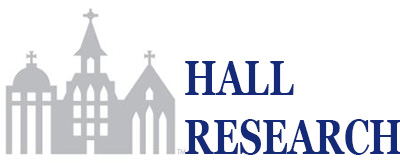IRSF features several programs to fund research that advances a greater understanding of Rett’s Syndrome. The basic grants program supports international biomedical research to promote the understanding of MeCP2 in the pathogenesis of the neurobehavioral phenotype of Rett syndrome (RTT). The maximum funding level is $100,000 over two years. Letters of intent are due July 1, 2013.
The translational program features HeART (Help Accelerate RTT Therapeutics) and ANGEL (Advanced Neurotherapeutic Grant of Excellence) awards to promote the development and testing of therapeutics to treat and reverse RTT and its symptoms. These award mechanisms seek to facilitate the development and testing of novel therapeutics targeting the underlying pathology of the disorder, thereby leading to an amelioration of symptoms or ultimately a pharmacological reversal of RTT. HeART grants provide seed funding for early stage drug discovery and development efforts. Their maximum funding level is $150,000 over two years. ANGEL grants fund the later stages of translational research and their maximum funding level is $300,000 per year for up to two years. Letters of intent are due July 1, 2013.
The Mentoring Training Fellowship Program supports scientists early in their career in both basic and clinical research in the field of Rett syndrome so that they become successful, independent basic research scientists and clinical investigators. Fellowships last for two years and provide a maximum of $100,000 per year. Letters of intent are due July 1, 2013.
For more information on IRSF’s grant programs, see the link below:
http://www.rettsyndrome.org/research-programs/grant-programs
